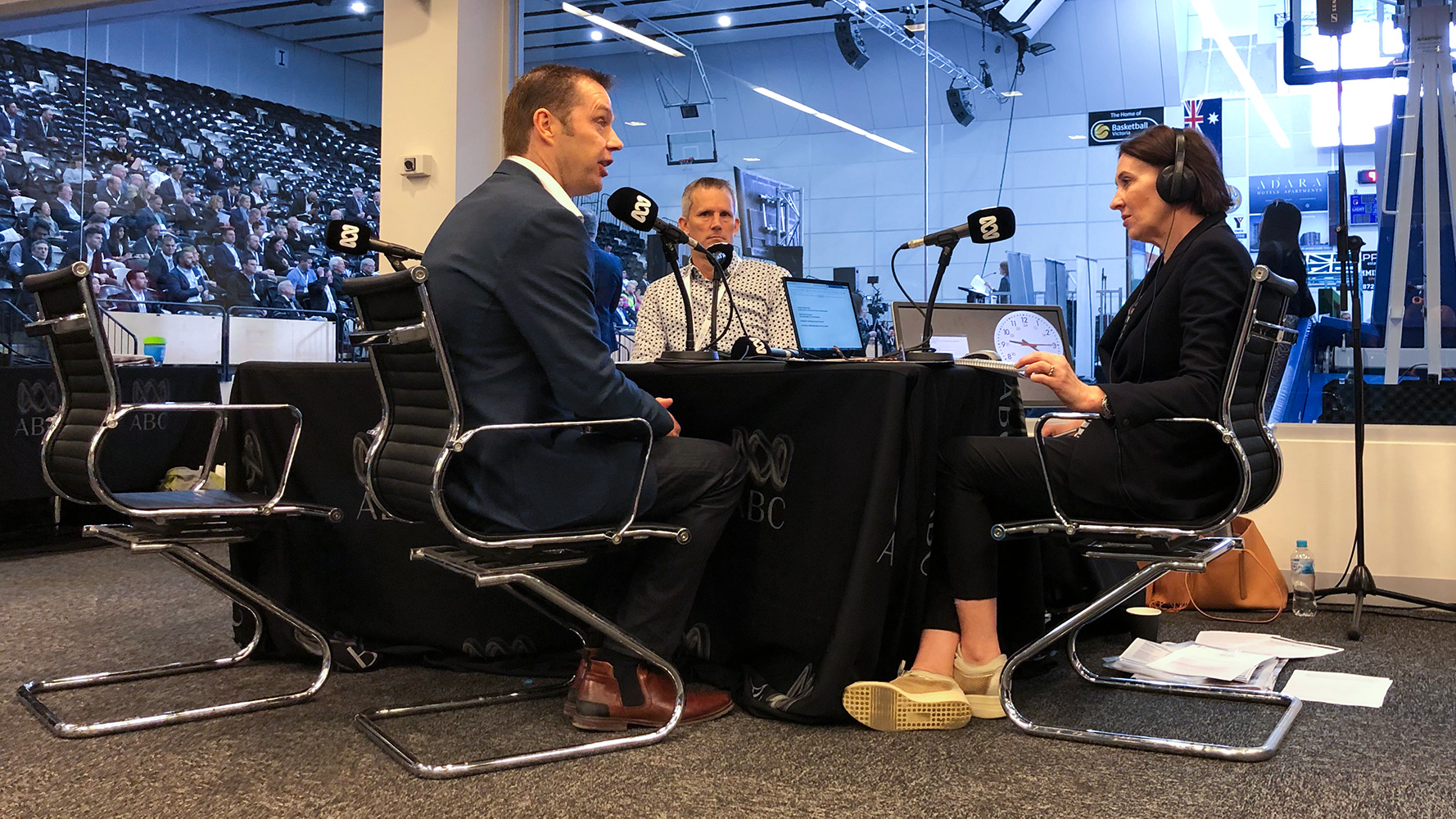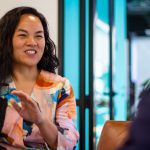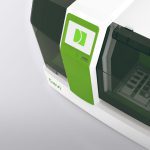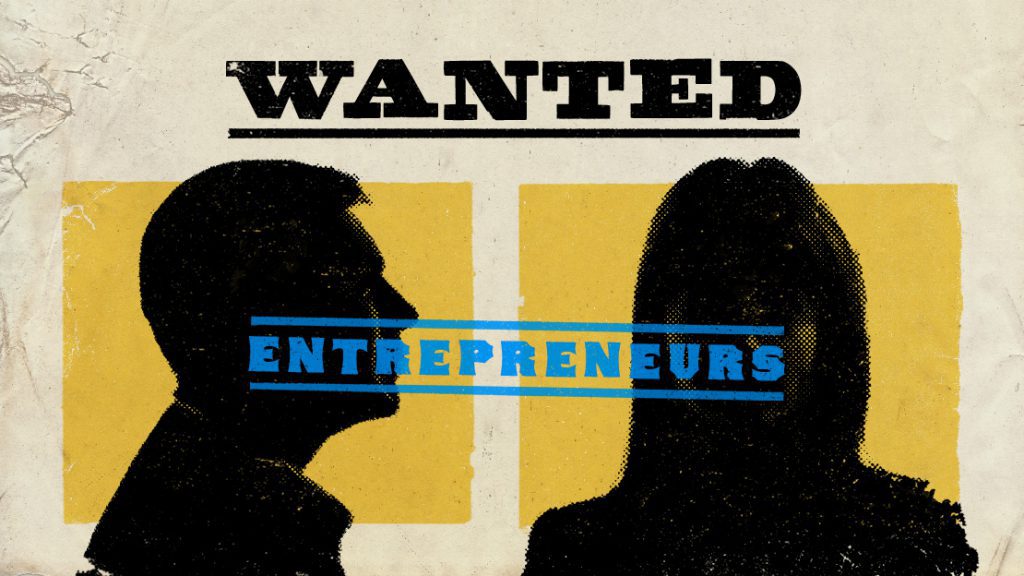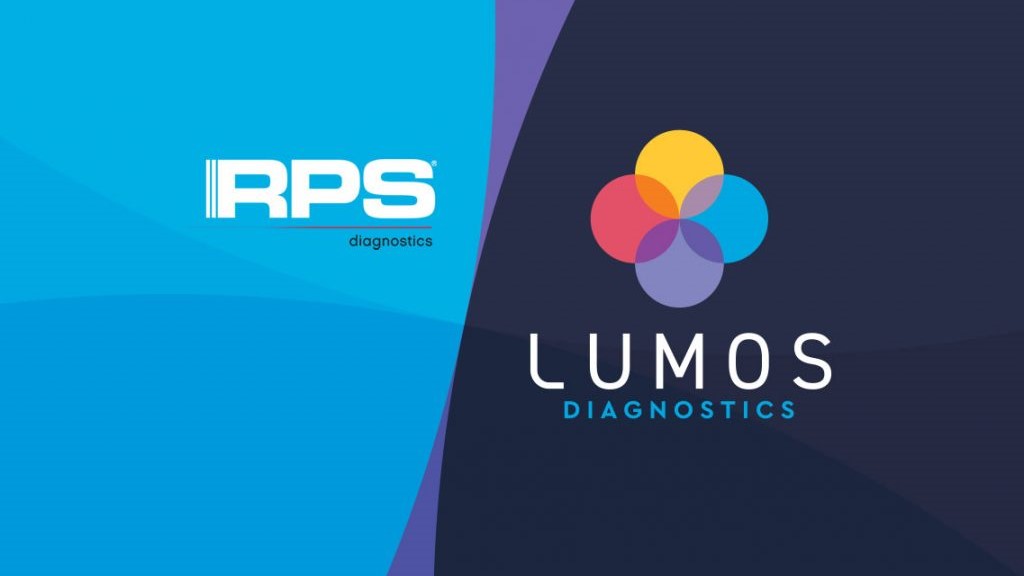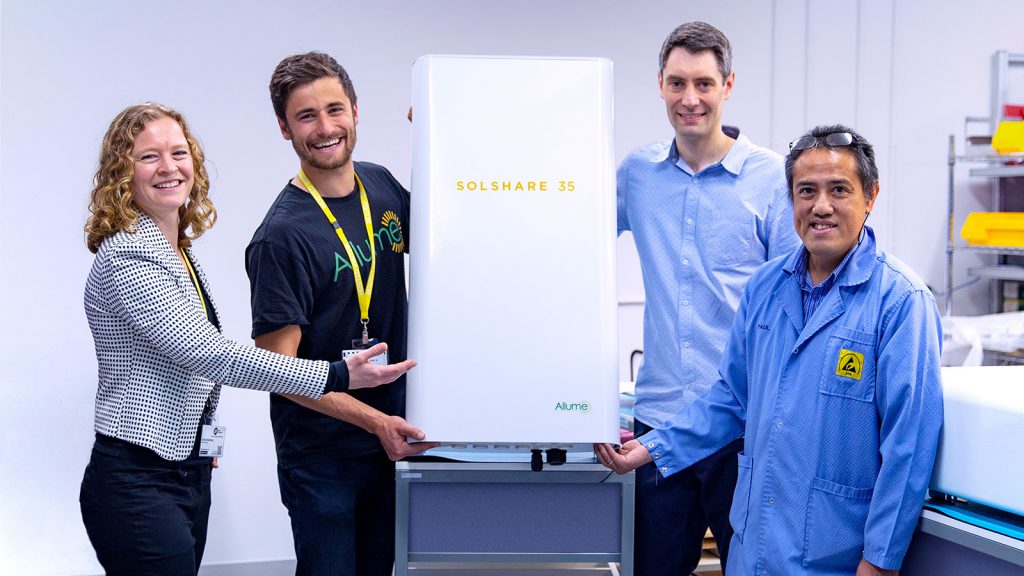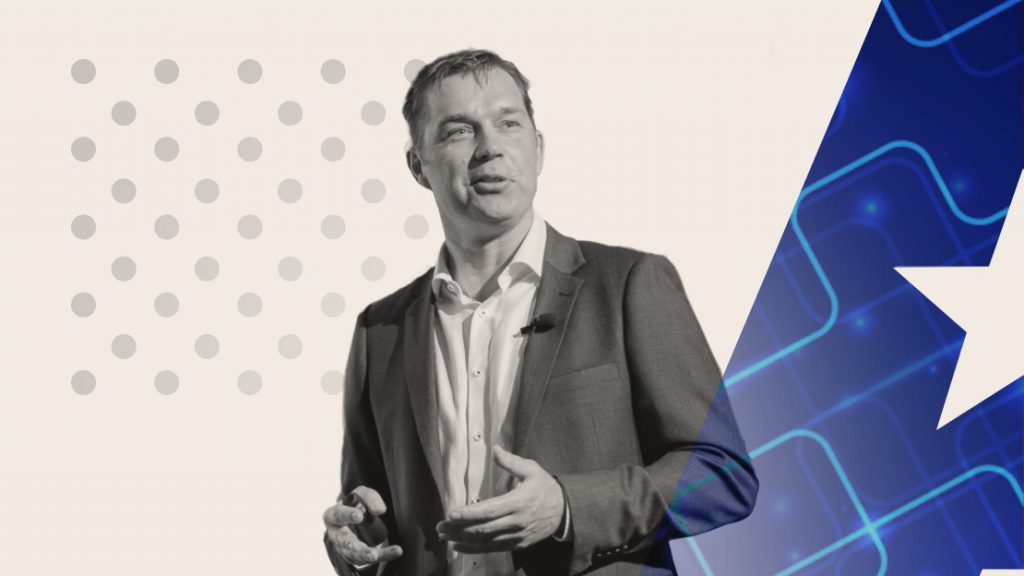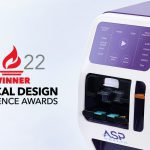
Journalist Virginia Trioli spoke to Planet Innovation co-CEO and co-founder Stuart Elliott live on ABC Radio last week about the challenges the company has faced and the successes we have enjoyed. Here are some of the highlights.
Virginia asked about PI spin-off company Lumos Diagnostics’ FebriDx test, a world-first test which helps GPs differentiate viral from bacterial infections, thereby reducing unnecessary antibiotic prescriptions.
Victoria Trioli (VT): “That’s a really serious issue. And we know that sometimes the real disasters that we read about in the press about unexpected or unanticipated deaths in our hospitals after people visiting the emergency room being sent away, are because it could not be definitively found whether the issue was bacterial or viral. So tell us about this device. Is this entirely invented and designed in Victoria?”
Stuart Elliott (SE): “Partly in Victoria by our business , which is based here, and also in the US. We have an office in San Diego in the US and we have 40 people there as well. So it’s a device that takes a fingerprick of blood and allows a doctor to say ‘actually this is a viral illness or bacterial illness’.”
Virginia also asked about the medtech scene in Victoria and career opportunities at PI.
VT: “There is a fair bit of medical tech being designed and researched and some of it innovated here in Victoria. Do you feel that you’re part of a big scene or a growing scene?”
SE: “Absolutely. I think Victoria’s got a reputation globally. I think we have a fantastic talent pool in terms of engineering and our business is growing rapidly. We started 10 years ago with four people and we’ve grown to 260 and there’s an enormous amount of opportunity. There’s fantastic engineering talent and a world class healthcare system that we can leverage.”
VT: “And pitching ahead to the next generation of employees or designers or innovators, what are you looking for when you employ someone? Someone at home who is listening to this thinking I’d like to do that kind of work. How do they do it?”
SE: “We employ a lot of engineers, in particular designers, mechanical, electronic and software engineers. We love getting those people and we love people with an entrepreneurial flair as well. So people that have gone really well in our business are young engineers coming out of the local universities who love the idea of helping build a business, maybe jumping on a plane and going to live in the US for a year. We’ve got a number of guys – I’ve just come back from the US – we’ve got a number of guys in the US who are helping us build our business over there. So that entrepreneurial attitude and willingness just to do whatever it takes.”
She also spoke to Stuart about government support for R&D and what else could be done for commercialization.
VT: “What do you need from government? Have they been helpful, unhelpful, are they in the way, are they useful?”
SE: “I think the government has been very useful in terms of things like supporting the R&D tax incentive. So that’s a really strong thing.”
VT: “That’s a Federal incentive?”
SE: “Yes, that’s a Federal one. I think what I’d like to see is a similar amount of support for commercialization. One of the common things you hear is that we are really good at the early stage innovation and not so good at commercialization.”
VT: “So what does that involve? People at home would know that phrase commercialization, getting it ready to market and the like, commercializing it, licensing it. What does that actually involve and what can’t you get done or what is hard to get done there?”
SE: “It’s pretty simple. There’s a lot of money required for setting up manufacturing and for setting up sales and it’s as simple as that. So the R&D is designing the product and proving it works. The commercialization is then saying, we’ve got to set this up, we’ve got to make thousands of them, we’ve got to have distribution channels around the world. And so other countries you see have really good incentive programs, particularly for investors, to put money into the commercialization phase and they reward that. In Australia, we’ve got probably a little bit heavy focus on the R&D side and not as much on the commercialization.”
You can listen online to the interview on the ABC website, starting about 45 minutes into the recording.

